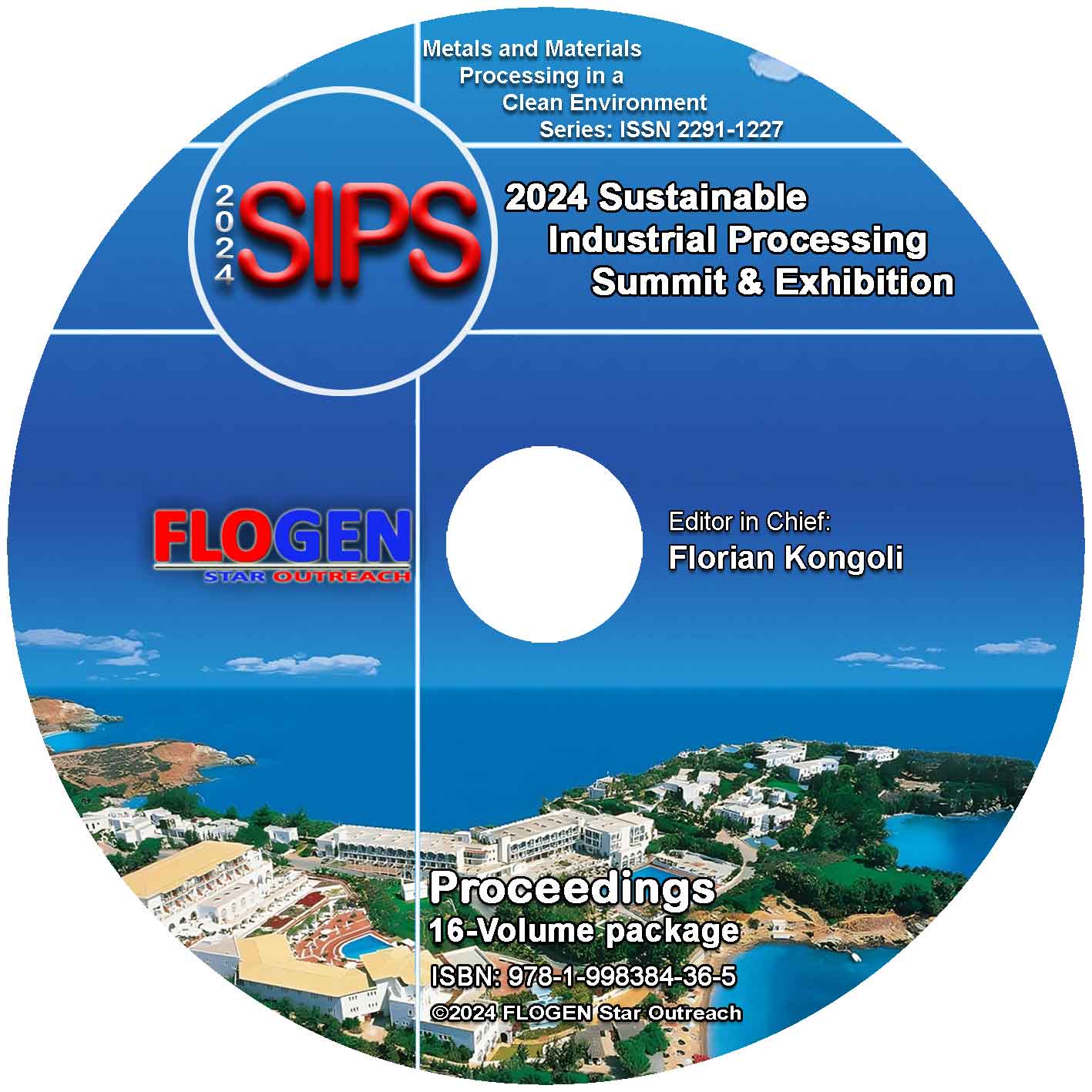2024 - Sustainable Industrial Processing Summit
SIPS 2024 Volume 3. Dibra Intl. Symp / Laws & Their Applications
| Editors: | F. Kongoli, H. Carter, Y. Hayakawa, B. Jedlickova, M. McNeil, M. Nolan, E.S. Pana, D. Shanley |
| Publisher: | Flogen Star OUTREACH |
| Publication Year: | 2024 |
| Pages: | 268 pages |
| ISBN: | 978-1-998384-08-2 (CD) |
| ISSN: | 2291-1227 (Metals and Materials Processing in a Clean Environment Series) |

CD shopping page
COMMON VERSUS CIVIL LAW SYSTEMS AND APPOINTED VERSUS ELECTED JUDICIAL SYSTEMS: ADVANTAGES AND DISADVANTAGES
Florian Kongoli1;1FLOGEN STAR OUTREACH, Montreal, Canada;
Type of Paper: Regular
Id Paper: 153
Topic: 61
Abstract:
Judicial systems around the world may be divided in two major groups: common and civil law system. Common Law systems are mainly used in UK, USA, Canada and the civil law systems are used in Europe and other countries. There are also countries or states/provinces that have mix systems like Quebec where criminal matters use mainly common law system and civil matters use civil law systems and in manty cases both methods of both systems are used interchangeably. A somewhat indirect product of the systems is the way that the judges are appointed or elected. In this paper a comparative analysis of both systems and their elected or appointed judges is carried out with all his advantaged and disadvantages.